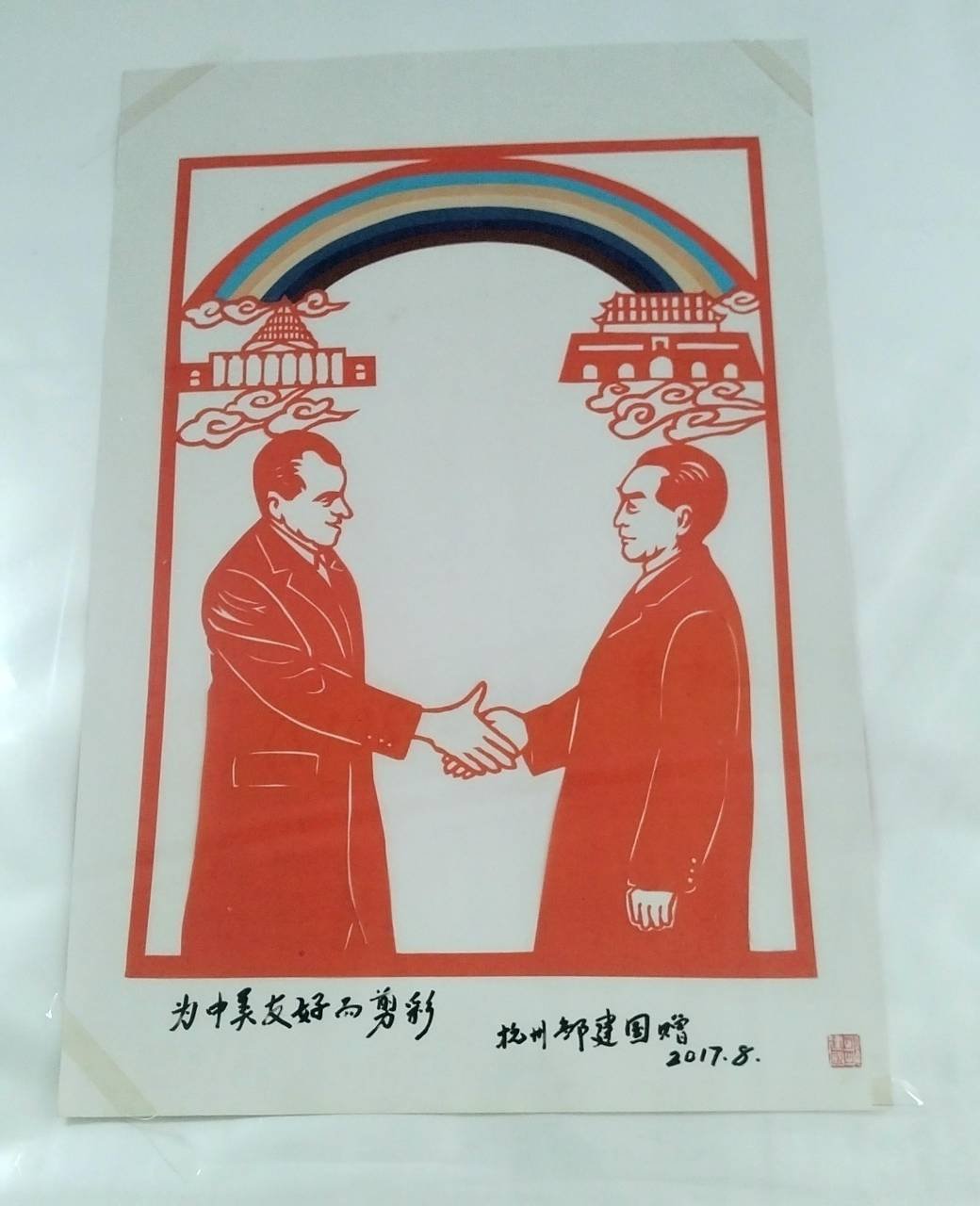TikTok Refugees to RedNote
The case for banning TikTok seemed inevitable. The whole debate started in 2020 when President Trump attempted to force the sale of the company due to national security concerns. Four years later, in 2024, under President Biden, the TikTok bill was passed, which states that the company must divest from its Chinese parent company, ByteDance, or be completely banned in the U.S. TikTok fought back and sued the U.S., citing that the move was unconstitutional and limited freedom of speech. The U.S. government claims TikTok is monitored by the Chinese government and, with access to American data, could pose a security threat.
Over 170 million American users are affected by this case, many of whom are younger Americans who use the app as their main online presence. In the modern world, where almost all people have an online persona, this plan by the U.S. government would take away many Americans’ online identities and, for some, even their livelihoods. Some TikTok users have decided to become “TikTok refugees,” finding RedNote (小红书) as a harbor for refuge through these political online storms. However, there is also an element of protest and rebellion in choosing another Chinese app and not an American one like Meta’s Facebook or Instagram. Using RedNote is a cheeky way of protesting the U.S. rule of wanting to close TikTok because they are choosing another Chinese app—the very thing the government doesn’t want them to do.
Estimates say that from January 14–16, 2025, over 500,000 TikTok users migrated to RedNote. It was the number one most-downloaded app on the U.S. Apple App Store during that time. This was not the response the U.S. was expecting and has backfired on the original goal. Now, Americans are directly interacting with Chinese citizens on an app that, unlike TikTok, does not have two separate platforms for users in China and users outside China; RedNote only has one app. This has highlighted the growing soft power of China in the form of social media platforms and technology.
Albeit through the rosy tint of social media, Americans can peer into Chinese society and get a view that adds more nuance to the predominantly negative angles that Western media provide. In the past few days, through this TikTok refugee phenomenon on RedNote, we have seen netizens on both sides connecting through their common humanity. Americans are getting a glimpse of daily life in China; many Americans are surprised by the quality of life of some Chinese. Furthermore, netizens are asking directly about subjects like censorship and surveillance to see what the average Zhou (Joe) in China thinks about these things. The interactions and answers to questions have given Americans some understanding of the more controversial sides of life in China. However, there is also plenty of irony in some of the RedNote posts of Americans venting about censorship on American social media apps; they obviously, do not fully understand the ins and outs of China yet.
With the RedNote phenomenon, learning Chinese also seems to be on the rise, with an estimated 216% increase in Mandarin learners on Duolingo compared to the same time in 2024. Meanwhile, Chinese users are getting help with their English and asking about elements of American life they are curious about, such as politics and society. Chinese users are particularly interested in how Americans view race, gender, and social class. Also, discussing the cost of living seems to be a common topic that the Chinese find fascinating; it is only natural that the Chinese national pastime of asking how much someone’s salary is and what they pay for certain items would extend into the online sphere as well.
These people-to-people exchanges through online interactions are building bridges that were unexpected, revealing how social media can be both disruptive and unifying. Of course, there is also plenty of negativity and uncivil discourse, such as disagreements on gender politics, racism, and misogyny. However, the overarching theme of the interactions has been positive and even sentimental. One netizen summarized the friendly feelings that evokes nostalgia from both Americans and Chinese:
“Chinese kids wrote Li Hua letters, and American kids were always trying to dig a hole to China. We always wanted to be friends.”
(Li Hua was a fictional character used in test prompts asking testers to write on Li Hua’s behalf to an unnamed American pen pal, a name many Chinese recognize from their middle school days.)
Curiosity about the “other side” has always existed, and it seems that RedNote has provided the space to feed this phenomenon. But how long this will last is anybody’s guess. The TikTok ban is being delayed for now; President Trump has signed an executive order to give the app more time. Eventually, the RedNote phenomenon may prove to be a short-lived fad. But this episode shows the power of people-to-people exchanges and the common humanity that supersedes national boundaries.
01.22.2025

